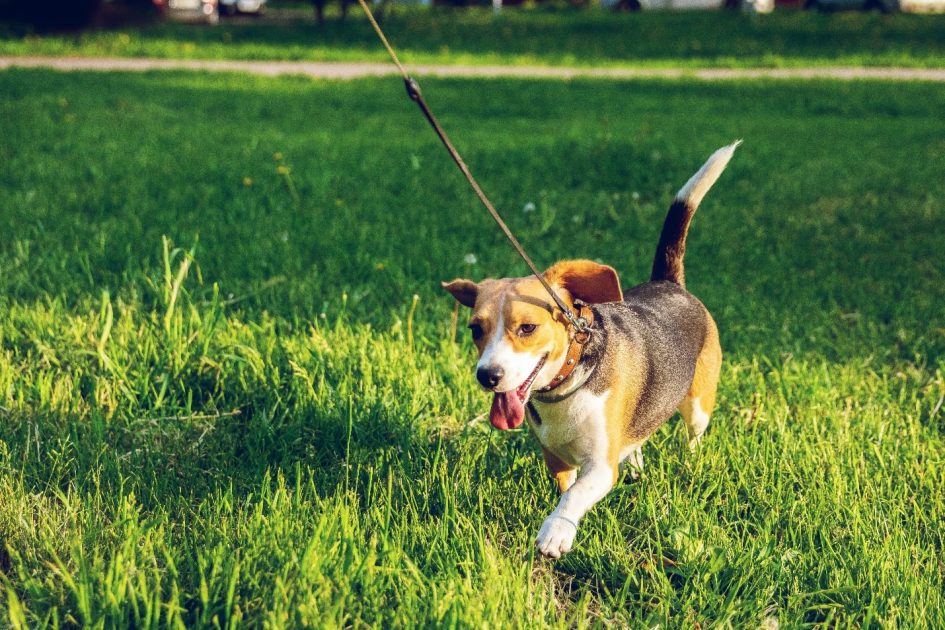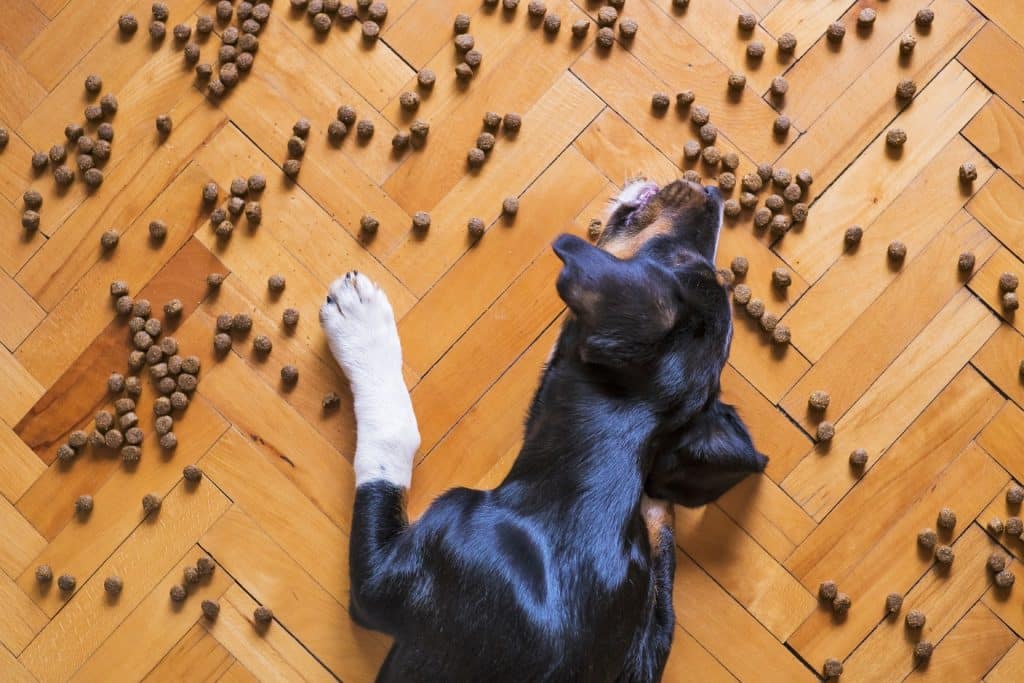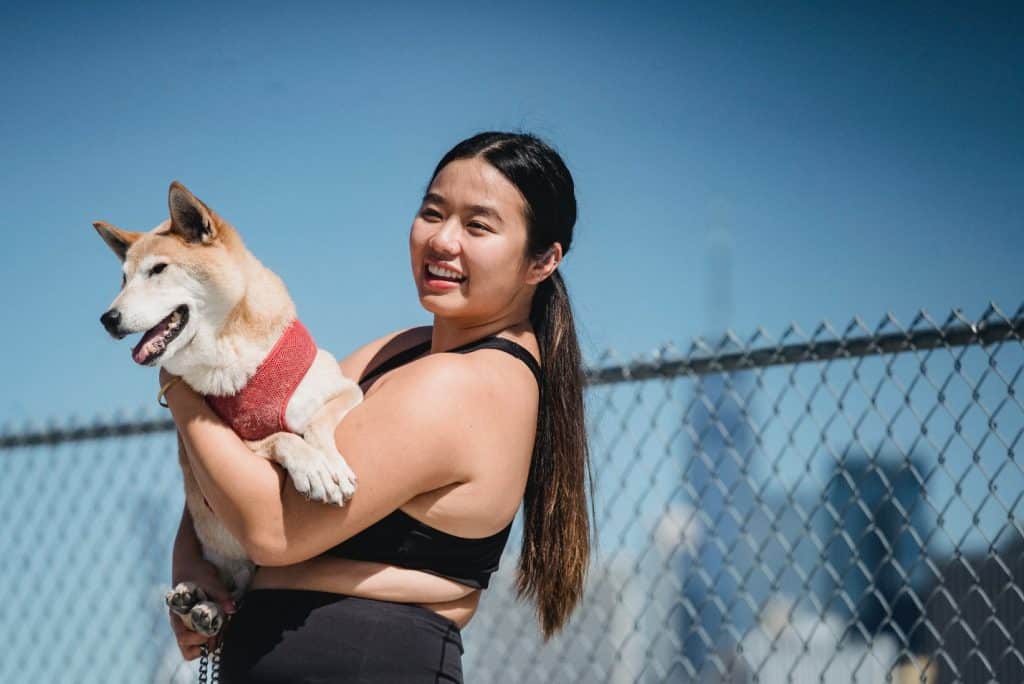

6 Everyday Habits That Help Keep Your Dog Healthy
Want your dog to live a happy and healthy life? Every dog has some requirements you need to be meet. Read on to find out some of the everyday habits to keep your dog healthy.
As a pet parent, you want to ensure that you do the best for your four-legged friend to help keep it in its best possible shape. Every individual dog breed has its own personality and care requirements. However, there are a few constant factors such as food, exercise, grooming, and communication that influences the overall health of your dog. Failure to meet any of these requirements of your pup can lead to health problems, behavioral concerns, or poor appearance.
Here are some everyday habits that help keep your dog healthy and happy.
1. Feed Your Pup Healthy and Nutritious Dog Food
Providing your pup with nutritious food is the key to keep it fit and healthy. Supplying your dog with its daily requirement of high-quality food helps maintain its weight, gastrointestinal function, skin, coat, and energy level. A healthy canine must have a balanced diet that comprises of protein, calcium, vitamins, and amino-acids. It’s important to opt for specific dog food according to your pup’s breed, temper, and other stomach, skin or teeth problems it might have.
Once you’ve chosen a specific food to incorporate in your dog’s diet, you will have to keep a check on how your dog reacts to it over the next month or so. If you notice any negative changes in its weight or coat, it means that your dog isn’t tolerating on or more of the ingredients. Therefore, you will have to try a new type of food.
Also, it’s critical to write down every product that your dog uses or consumes, including food, medication and cosmetics. In case your dog suffers from any problem, this information will be vital for its nutritionist to figure out where the problem lies. Moreover, if you’re ever unsure about any dog food that you’re thinking of feeding your pup, you should consult with a vet.

2. Make Sure Your Dog Gets Ample Exercise
Dogs are generally very active and sociable creatures. Most of their behavioral problems arise due to lack of regular physical and mental stimulation. A dog’s first instinct is to run free and go outside in search of food, mating, or territory. So, preventing your pup from doing so by keeping it locked indoors can make it feel trapped. It’s important to note that some dog breeds are more outgoing than others; these breeds require constant physical activity.
As a dog parent, it’s your responsibility to ensure that your pup shouldn’t ever become used to a sedentary lifestyle as this can lead to obesity and other health problems. The typical exercise requirement for a healthy adult dog is between 30 minutes to 2 hours per day. Depending on the breed, size and age of your dog, the exercise routine can vary for a leisure stroll to a nice run or an active round of fetch. If your pup is older than 6 months, you should take it out for a stroll preferably twice a day.
Since exercise is a critical factor for your dog’s health, you should discuss your pup’s exercise needs with its vet or consult a dog behavior specialist.
3. Clean Your Dog
This isn’t exactly an everyday habit, but it sure is an extremely important one. Generally, the golden rule for bathing does is to do it once a month with a moisturizing dog shampoo. However, there may be times when your dog might get extra dirty in case it plays outside in the dirt. When that happens and your dog’s fur is noticeably dirty, you might want to give it a quick wash. Also, if your pup loves swimming and jumps in the pool with you or your kids, you should bathe it once it’s out.

4. Clean Your Dog’s Teeth and Ears
Although it might seem a little strange, but even dogs require their own special toothbrush and toothpaste. While dogs don’t develop cavities like humans, this doesn’t mean that their dental hygiene should be overlook. You shouldn’t have to wait to care about your dog’s dental wellbeing until it has already developed some dental infection. Gum disease and plaque can easily occur if you don’t take care of your dog’s dental hygiene.
You should brush your canine’s teeth at least three day a week, if not daily. Moreover, you should also feel it dental treats and oral rinses to ensure that its dental health remains top-notch. Also, certain breeds of dogs are genetically predisposed to tooth decay, so you will have to consult a vet to get your pup’s teeth professionally cleaned.
Your furry little friend’s ears also require special attention. Dirt and microbes often easily accumulate and settle down in your pup’s ears. Failure to clean its ears regularly can lead to infections. If you aren’t skilled at cleaning your dog’s ear, make sure to take it to the vet.
5. Communicate with Your Pup
Just like humans, dogs can get attached and form emotional bonds quickly. They require love, attention, and care from their own. In fact, they consider their patron to be the center of their universe. When you come home from a tired day at work, you must remember that your pooch spent its entire day sitting around anxiously waiting for you to arrive. So, you must treat him like your best friend and give him all the attention you can. Even though your dog might not understand what you’re saying, but the sound of your voice is pretty melodious to its ears. Chatting or talking to your dog can be great for his and your emotional well-being.
6. Watch for Warning Signs
This isn’t something you must do once a month; it’s something that needs to be done regularly. It’s important for you to maintain a regular check on your dog’s weight, temperament, and energy level. Even though not all signs are cause for alarm, but it’s always good to take some precautions as dogs instinctively try to conceal their health problems. If your pup’s behavior or health starts to seem very unusual, you should contact your vet immediately.
Good habits and preventative care can go a long way in enhancing the quality of your dog’s life currently and even as it ages. Following the everyday habits that help keep your dog healthy will ensure a good life for your beloved canine!
Discover how to create a joyful, healthy home for your pet.
Subscribe to your weekly rundown of practice, real life ideas and training tips straight to your inbox.


